SRC Celebrates 40 Years In Business—And The Best Is Yet To Come The employee-owners of SRC have a lot to celebrate this year. Not only does 2023 mark the company’s 40thanniversary, but the ten businesses that comprise SRC Holdings continue to set records with their performance despite the challenges of high inflation, soaring interest rates, and continued supply chain challenges.
Read More
Agribusiness is a robust and diverse industry that is at the core of American success and food security. Over time, the agriculture industry has evolved from crop tillage to precision ag, and numerous types of companies—including implements and parts manufacturers, food processors and distributors and green and renewable energy firms, among others—have contributed to this evolution.
Read More
Creating a sustainable business is no easy task. Creating a sustainable business that also enriches the lives of all the people involved in that business is an even more challenging task. This is exactly what English Tea Shop sought out to do in 2014. CEO, Suranga Herath, wanted to create shared value for his people and community and he needed a business model to do so.
Read More
Companies that profit share with employees are becoming more and more popular. We had Great Game™ Certified Coach Anne-Claire Broughton on our podcast to share her expertise on the different forms of employee ownership. She discusses the benefits of employee ownership, initiatives her clients are using to provide financial literacy training to employees, and how to engage employees in a way that makes work fun and builds a better workplace culture in an employee-owned company.
Read More
When the employee-owners of SRC Holdings gathered on the evening of Wednesday, June 15, 2022, for SRC’s 38th Annual Shareholder Meeting, you could feel the electricity in the room. Many of the company’s 2,000-strong workforce were in attendance—some with spouses, partners, and children in tow. Not only was everyone enjoying the ability to gather in person again, the company and its ten subsidiaries had been on a hot streak after a down year caused by the disruptions of the pandemic. Everyone was expecting big news because they were about to learn the updated share price of their company. They weren’t going to be disappointed.
Read More
Tom DeSimone, Director at Prairie Capital Advisors, Inc, joins to share the shifts his team witnessed during the pandemic, and how focusing on 2021 and not 2020 to ensure stability in your company.
Read More
Employee-owned businesses have experienced significantly fewer issues with employee retention than their non-employee-owned counterparts. I can’t remember a time in my career when employee retention was talked about more often than it is now. Even personally, I’m one of those Great Resignation statistics. In late 2021, I resigned from my position in local government to take on the role of Executive Director of Missouri Center for Employee Ownership, Inc. (MOCEO). Like many members of the American workforce, the pandemic pushed me to reevaluate my personal and professional priorities. So, when I joined MOCEO, I was very interested to learn what effect employee ownership had on employee retention. So, as soon as my second week of work, I began asking every executive of an employee-owned business I met, how their business model impacted retention. With very few exceptions, the general response was that retention wasn’t a significant issue.
Read More
As you know, there are a lot of “moving parts” in the day-to-day management of a business. Between dealing with people, improving profitability, tracking inbound and outbound flows and financial reporting, you may not have much time to think about your company’s ownership mix. Whether there is a single owner or multiple owners, made up of family members or not, sooner or later the topic of ownership transition may come up. When it does, it can be a stressful conversation. However, it is a conversation that is ultimately inevitable. There are any number of reasons why business owners decide it’s time to consider who the next owners of their business should be, whether the successors are family, managers, employees or a third party. All companies, however, ultimately go through an ownership transition process. The issue is whether it is planned for or an after-the-fact reaction to something. What our experience tells us is that proactive planning for ownership transition leads to outcomes that are almost always more satisfying. Time is the valuable commodity in transition planning. The more time you have the better things will be.
Read More
Liquidity options are plentiful for business owners: strategic sale, private equity, management buyout, family transfer, and leveraged recapitalization. Which path should you take? We know that 42% of the 2021 Great Game™ All-Star companies and many others walked a different path—implementing an Employee Stock Ownership Plan (ESOP). Apart from the fact that ESOPs can be a great exit strategy for open-book companies, here are the top five reasons why open-book management companies should consider an ESOP.
Read More
Using an ESOP for Business Transition Can Be Complicated, But Selling to an Outside Buyer Is Often Uncertain and Even More Complicated with Less Flexibility and Fewer Tax Benefits When people describe the pros and cons of ESOPs, often they note that the plans are complex. ESOPs are somewhat more complex than 401(k) and similar retirement plans and do cost substantially more to install and somewhat more to operate, mostly because an annual appraisal is required for closely held companies. But ESOPs are not more complex than selling to a third party. The table below compares what issues come up in the sale of a company to an ESOP compared to a sale to a third party. It was prepared with the advice of professionals who have done both kinds of transactions. The table indicates that the overall level of complexity is similar, but ESOPs are much less risky in terms of the likelihood of finding a buyer. They are also considerably less costly, mostly because in the case of a sale to a third party, in addition to substantial legal, accounting, and sometimes other fees, the price paid to the seller is usually reduced by brokerage commissions paid by the buyer. Sales to third parties also do not qualify for special tax benefits, as is the case with ESOPs.
Read More

.png)

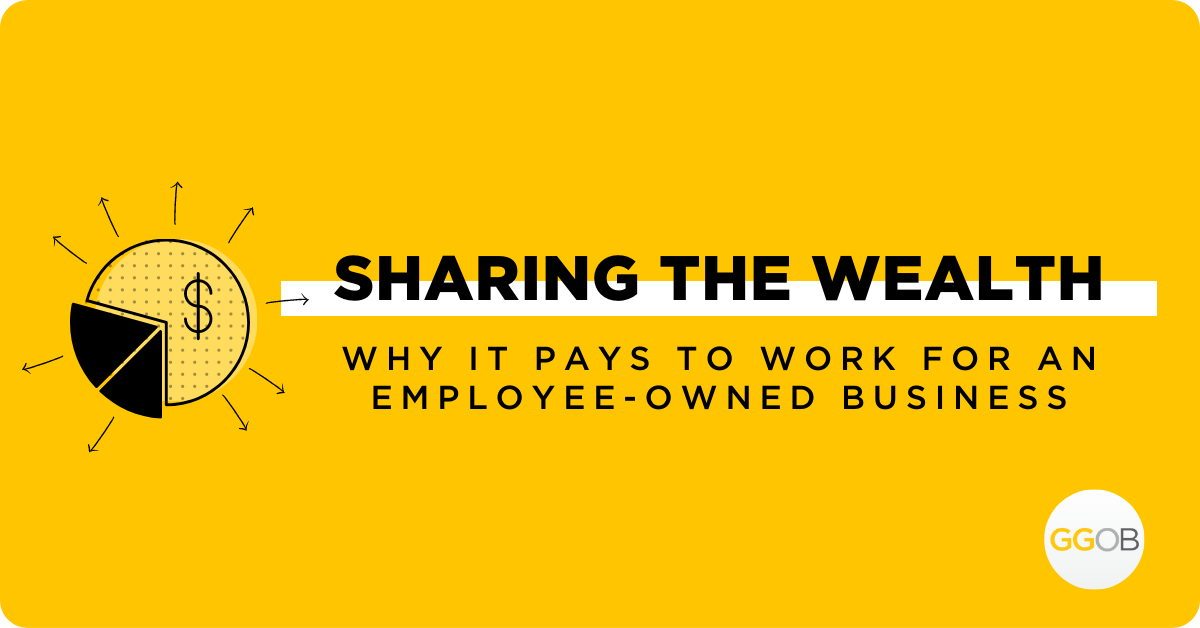

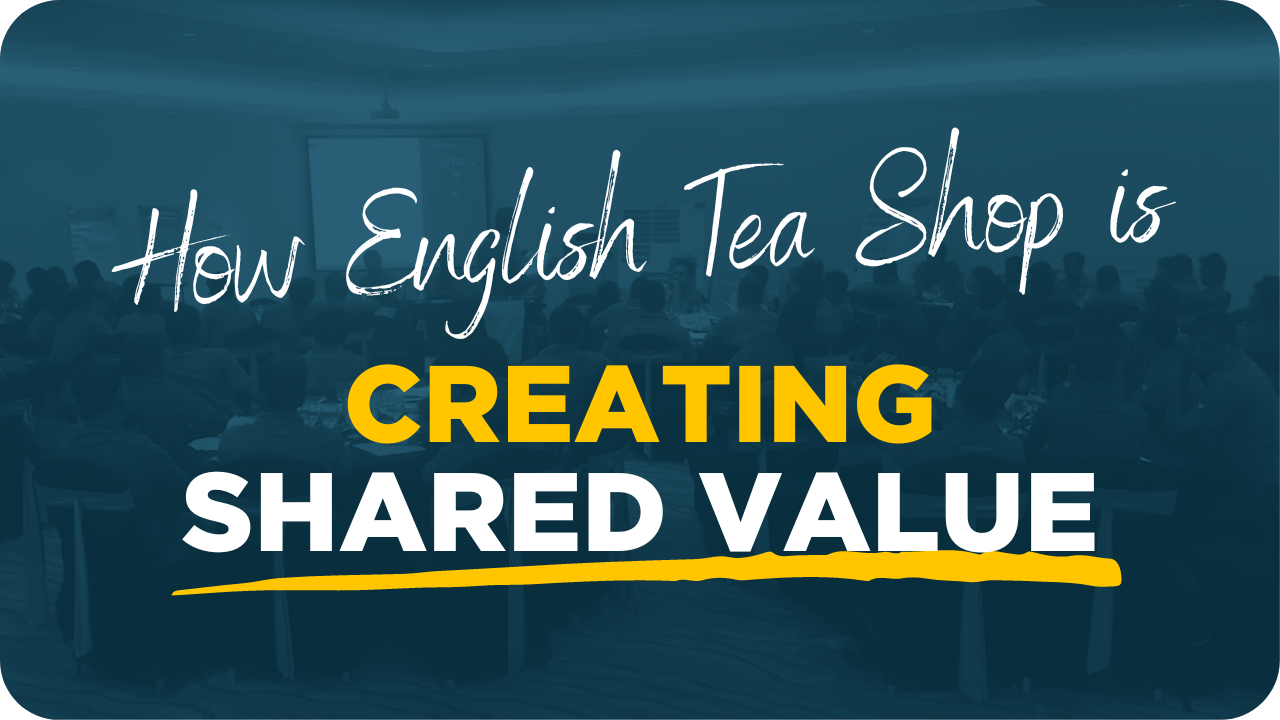
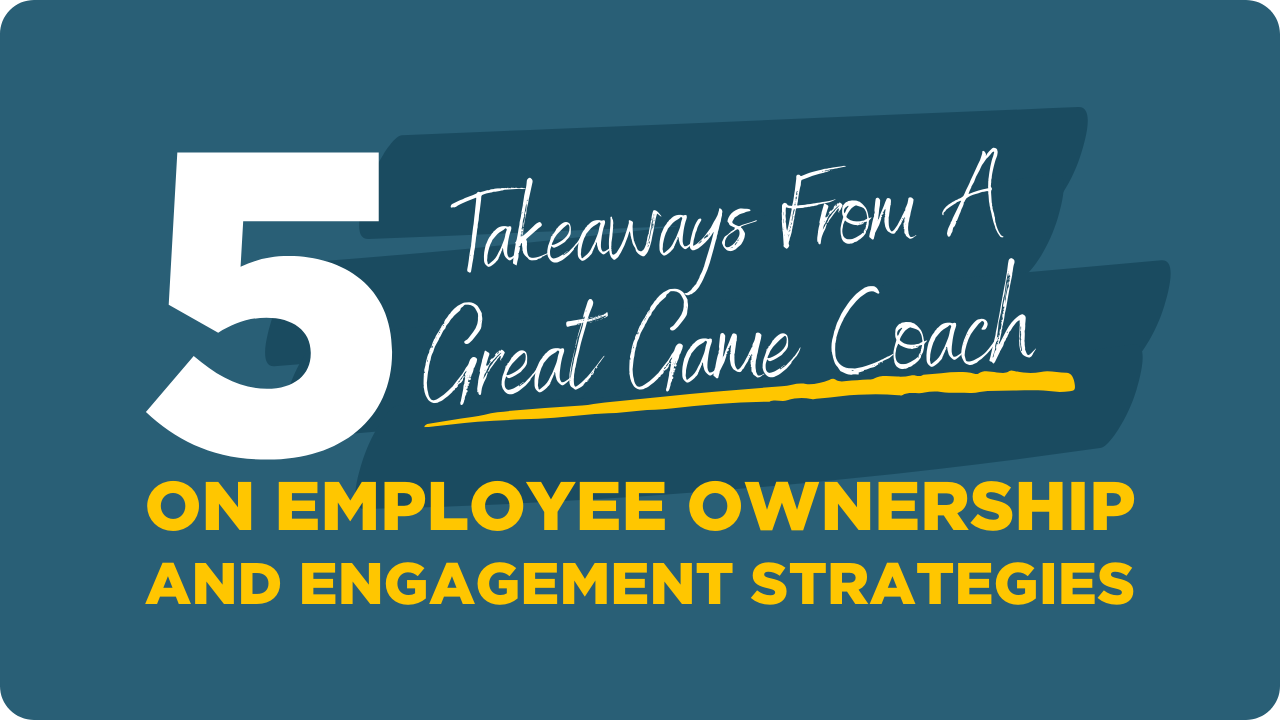
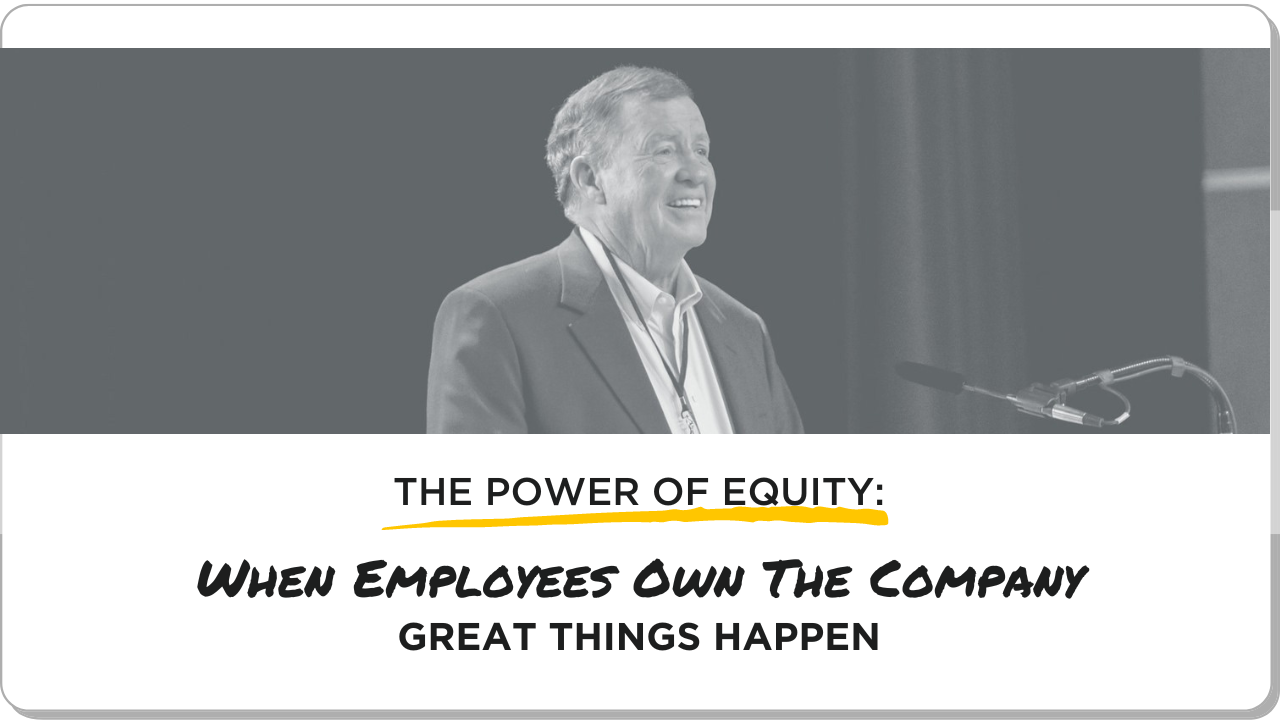

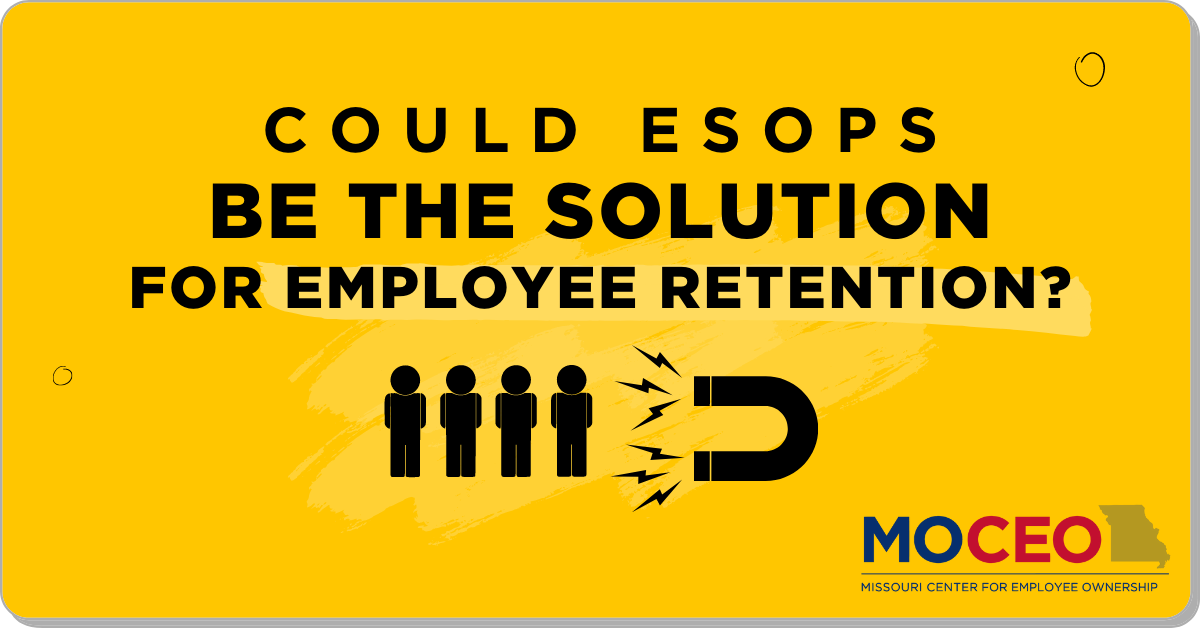

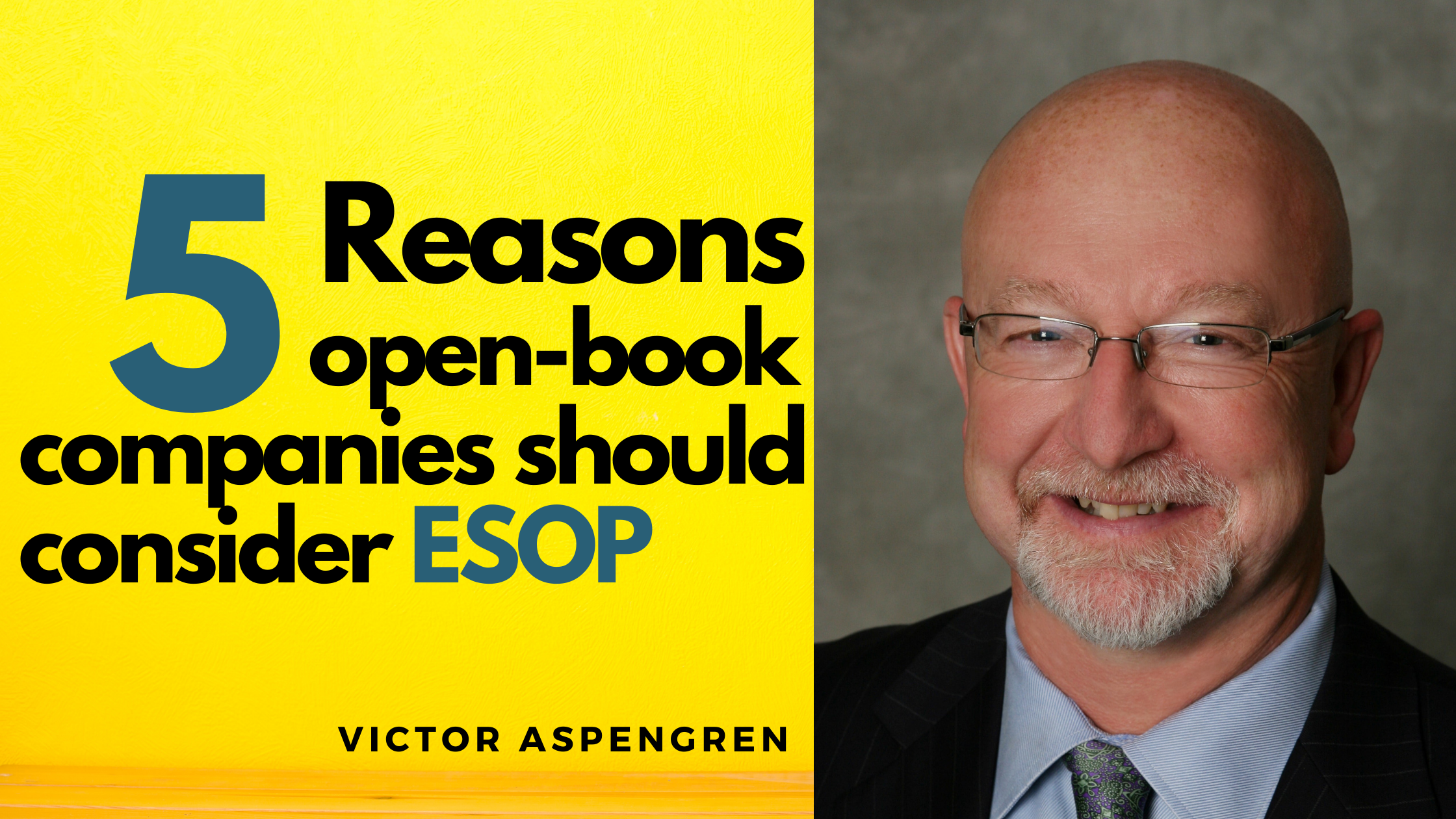
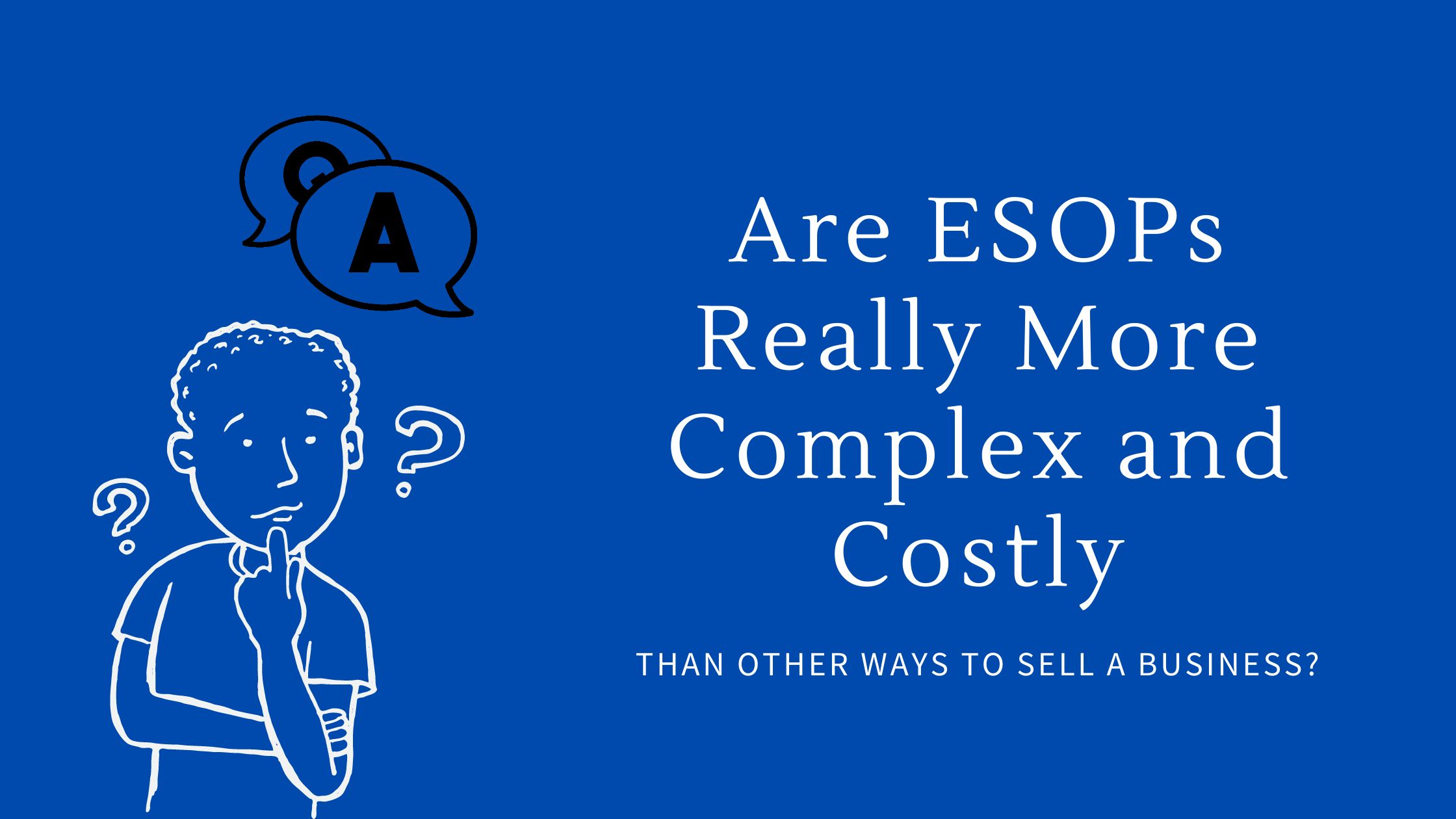


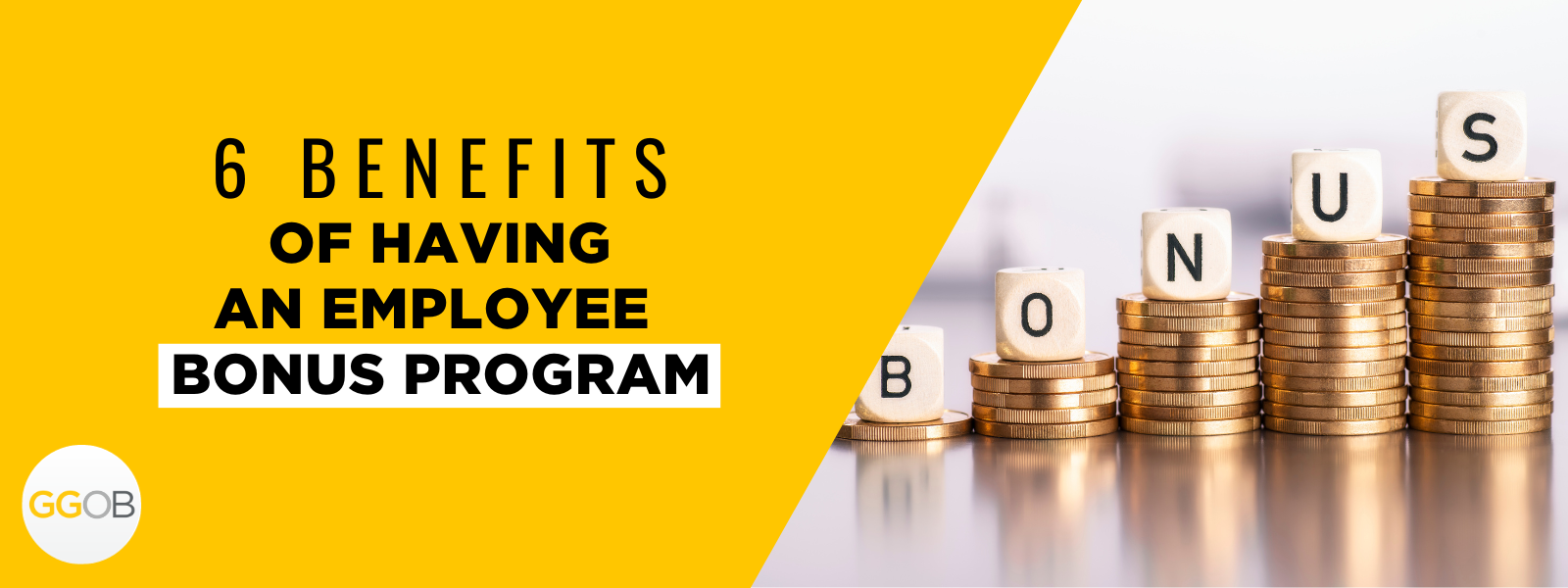


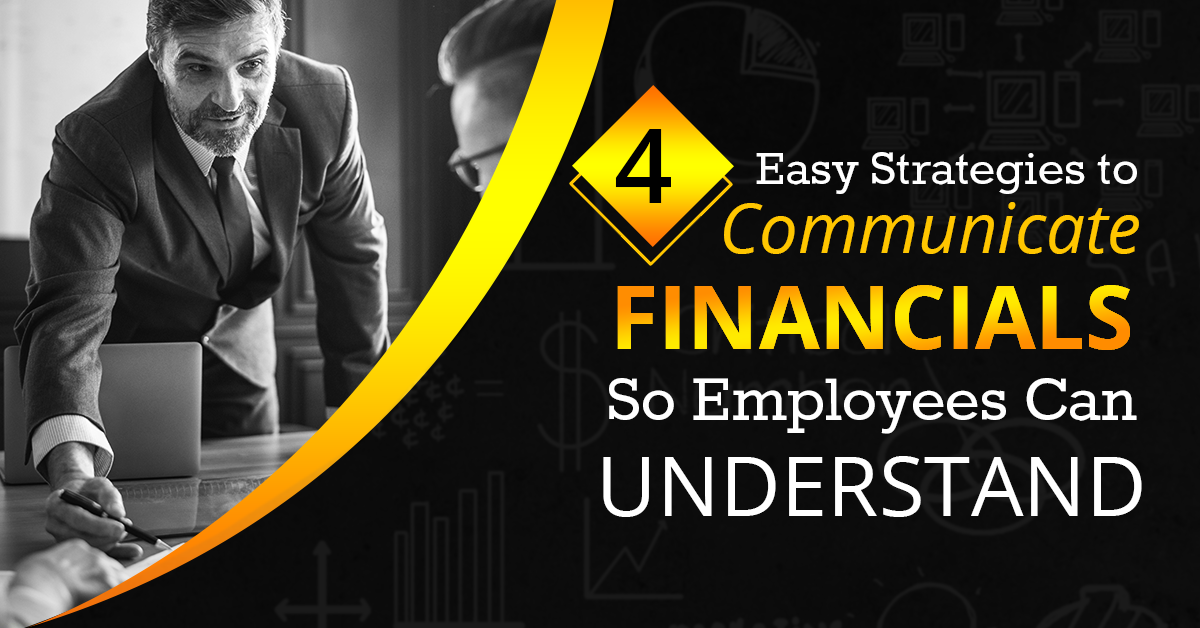

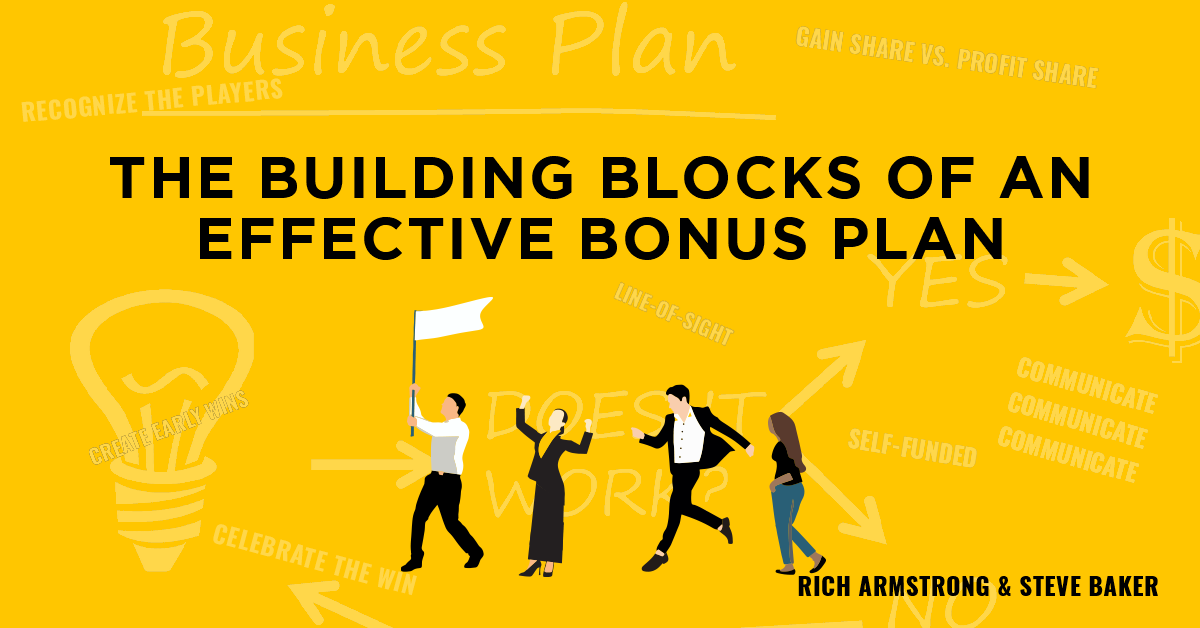
.png)

